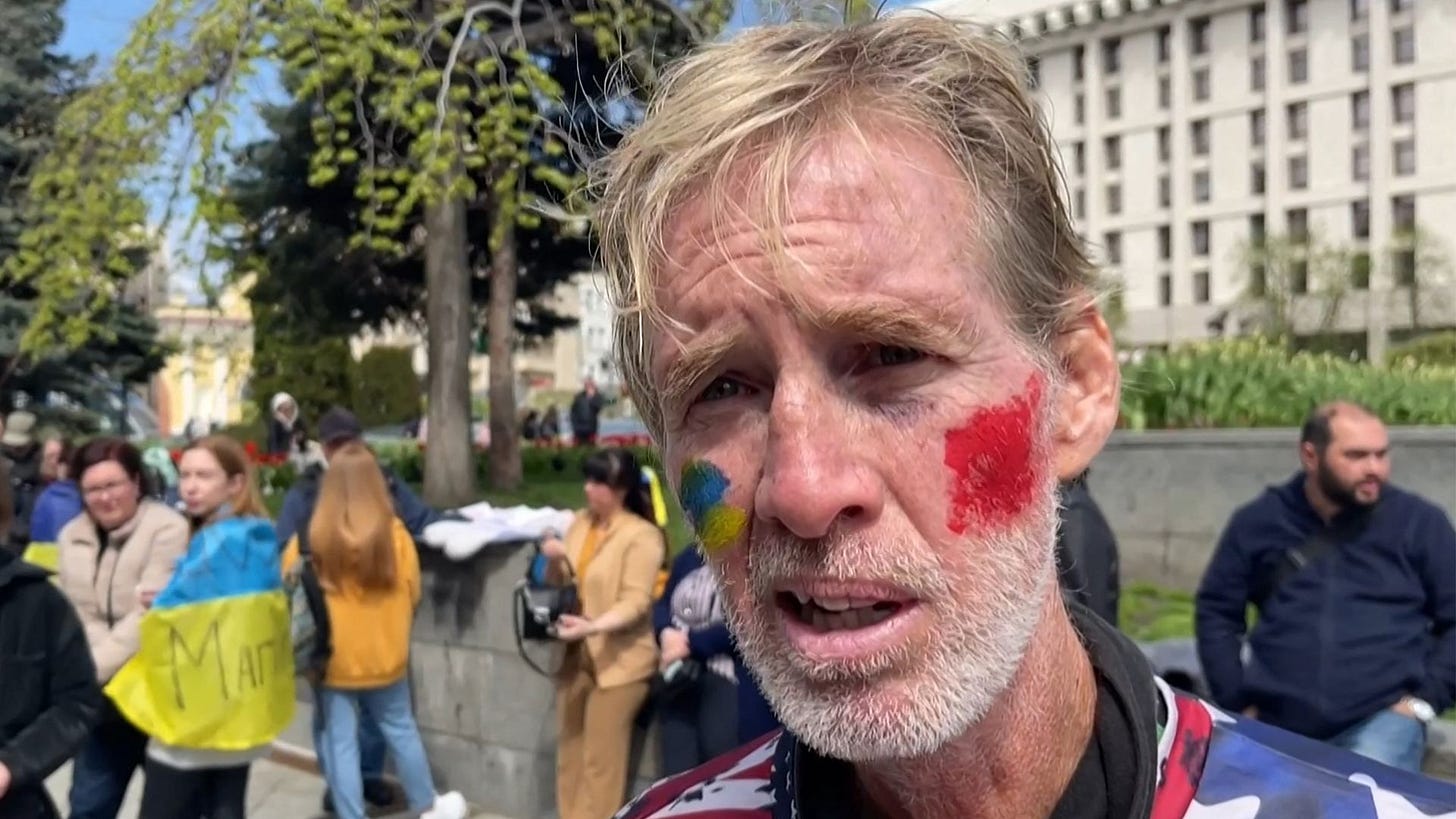Fame Seeker II
The elder sequel
“I am going to fight and die for Ukraine,” Ryan Wesley Routh, the man who just attempted to assassinate Donald Trump, decided at the age of 56, and so he went there. But he did not fight, and he did not die.
He had no combat experience, so the Ukrainian Foreign Legion turned him away. He tried a drone technology startup, but could not find any support. …



